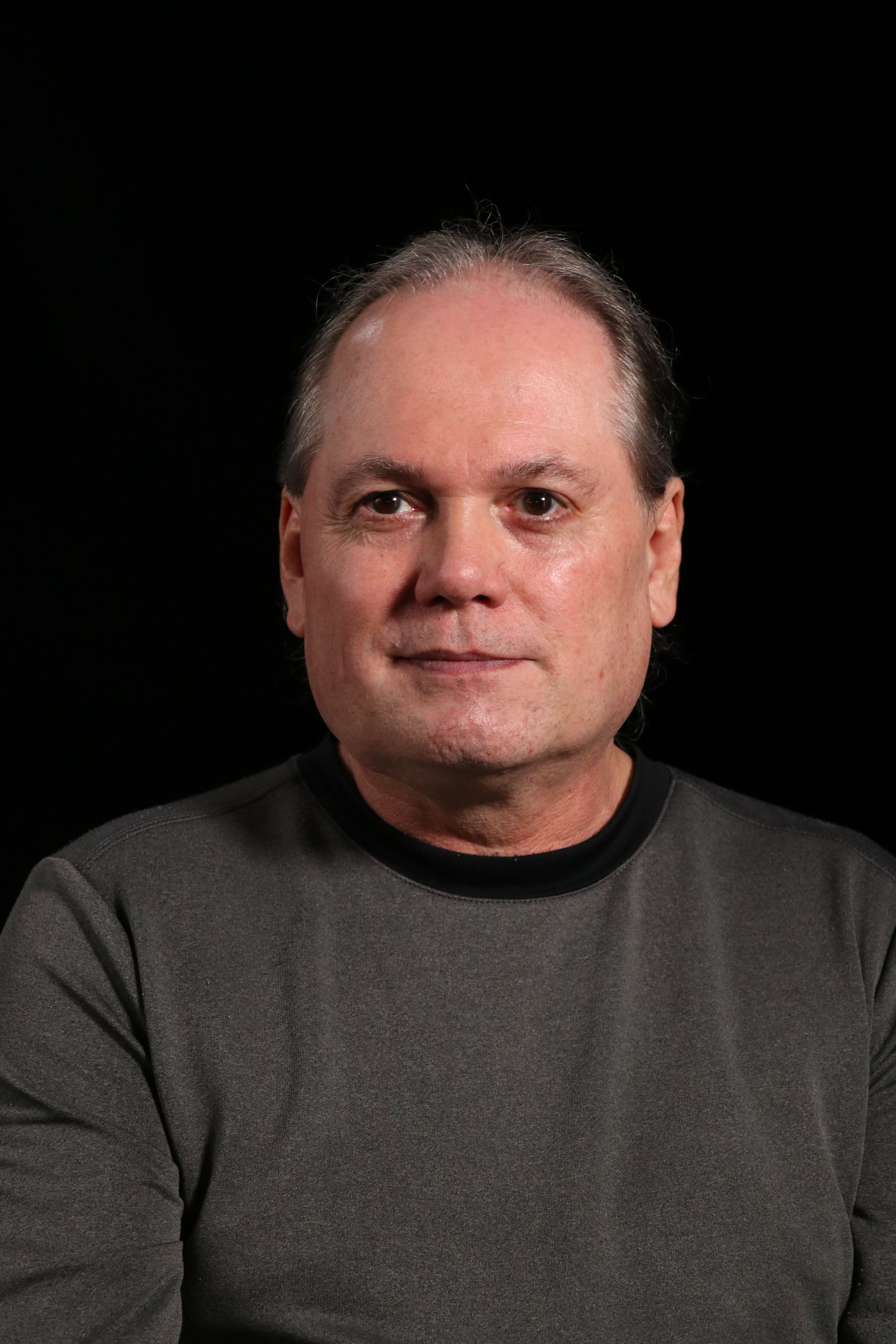I don’t want to live like a machine

Download image
Josef Kačírek was born on January 31, 1962 in Řevnice, but grew up in Mníšek pod Brdy and later in Zbraslav. He played the guitar since childhood and founded the band Válcovna plechu with his friends in high school. He organised concerts in Zbraslav in the 1980s. In 1981, he was drafted into the army, where he went through harsh bullying by older soldiers. During the war, he completed geodetic training in Opava, during which they waited for a draft notice to Poland, where they declared war. Josef worked as a surveyor during the war at the border line in Lipno. He was interrogated and had a mental breakdown for refusing to sign socialist commitments. Upon his return, he worked in a boiler room until 1989. After the revolution, he worked as a sound engineer and journalist at Radio Free Europe and later at the public radio broadcaster Český rozhlas.

